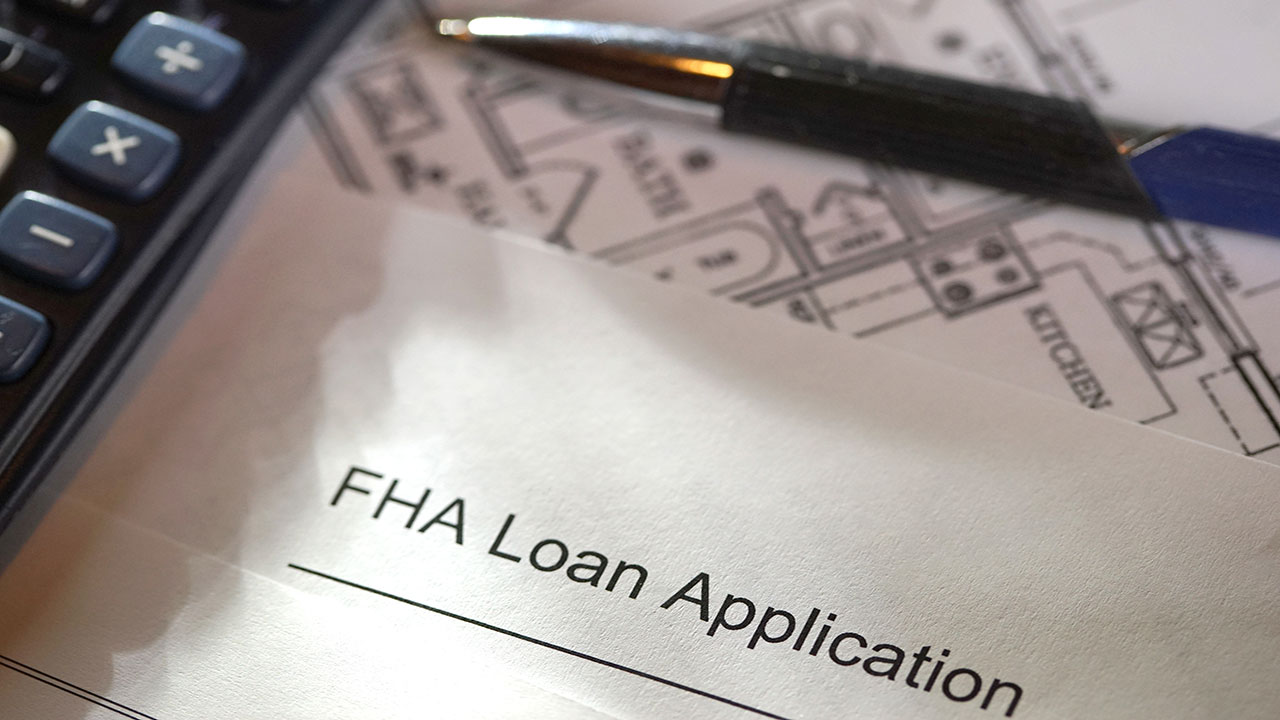
FHA loans are known for being somewhat easier to get approved for since their credit requirements tend to be less stringent than conventional loans and down payment amounts don’t have to be as high. But with conventional loans, you might have a little more freedom as far as loan amounts and the types of properties that they can be used to finance.
So, out of conventional loans and FHA loans, which one is best for you for your next home purchase?
The Argument For Conventional Loans

Conventional mortgages are home loans that are not guaranteed by the federal government, as FHA loans are. These types of mortgages conform to the criteria that Fannie Mae and Freddie Mac set.
Down payments must be a minimum of 20% in order to avoid paying private mortgage insurance (PMI), though high-ratio conventional mortgages are permitted, which allow down payments to be as low as 5%.
While more difficult to get approved for compared to FHA loans, conventional loans may be ideal if you’re able to qualify because they’ll usually end up costing a lot less over the long run.
Here are some benefits of conventional mortgages:
Mortgage insurance can be waived.
With FHA loans, mortgage insurance is required, regardless of down payment amount. But with conventional loans, PMI can be avoided if the down payment is at least 20% of the purchase price of the property. This can help to save tens of thousands of dollars over the life of the loan.
No upfront fees required for mortgage insurance premium (MIP).
Mortgage insurance is required for FHA loans, no matter how much of a down payment is made. Further, both upfront and annual mortgage insurance premiums must be paid. While conventional loans require PMI for down payment amounts under 20% of the value of the home, the premiums can be rolled into the monthly payments without requiring any upfront payments.
Mortgage insurance can be eliminated.
Monthly private mortgage insurance payments on a conventional loan can be eliminated when the loan amount is down to 78% of the original purchase price of the home. On the other hand, monthly mortgage insurance with FHA loans cannot be canceled at any time throughout the term, whether or not the loan amount reaches 78% or below.
Property types are more varied.
There are more options available with conventional loans in terms of the types of properties being purchased. Whereas FHA loans are usually available for first properties that are owner-occupied, conventional loans can be put towards a wider variety of properties that don’t necessarily have to be owner-occupied. That means they can be used for investment properties or vacation homes that may be rented out.
Property requirements are less stringent.
FHA loans typically require that the property being purchased meets strict requirements in order for the borrower to be approved. Conventional loans, on the other hand, usually do not require such stringent criteria in order to secure the loan.
The Argument For FHA Loans

FHA loans are those that are backed by the federal government and are typically a lot easier to get approved for compared to conventional loans. They are pretty common among first-time homebuyers and those who don’t have a stellar credit score.
Here are a few reasons why an FHA loan might be a better option:
Lower credit score allowed.
Conventional loan approval is based on a number of factors, including good credit. More specifically, the credit score minimum for conventional loans is 620. FHA loans, on the other hand, allow credit scores as low as 580 for approval, though a higher interest rate may be charged and a lower loan amount may be granted as a result.
Lower down payment required.
The majority of conventional loans require a down payment minimum of 5% of the purchase price. FHA loans, on the other hand, require a minimum down payment of 3.5%, making it easier to come up with the funds needed to secure a mortgage.
The full down payment amount can be a gift.
While conventional loans allow some of the down payment amount to come from a gift from family, FHA loans allow the entire 3.5% down payment amount to be gifted from an appropriate party.
They can be assumed.
Conventional loans are not assumable, while FHA loans are. While this might not be an important factor at the time of loan application and approval, it can certainly be an attractive option if the borrower chooses to sell at some point in the future.
The Bottom Line
The type of mortgage that you choose to go with will depend largely on your finances and qualifications. If you have great credit and are able to put 20% down towards the purchase, a conventional loan might end up working out to be cheaper in the end. But if you’re looking for a mortgage product that’s easier to get approved for and doesn’t have such stringent down payment and credit requirements, an FHA loan might be the way to go.
It’s important to keep in mind that one isn’t necessarily better than the other at face value. Both products have their perks and drawbacks, and the one that you choose should be better suited for your particular situation. Speak with a mortgage broker to help you make the right decision about which way to go.